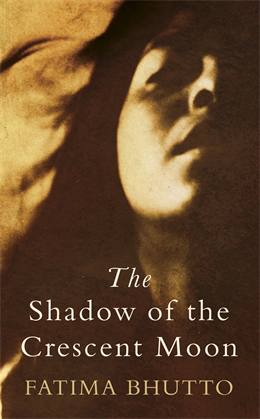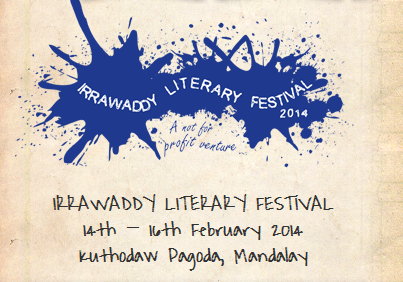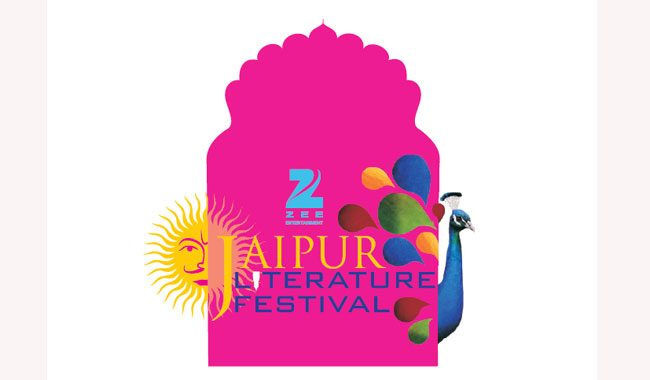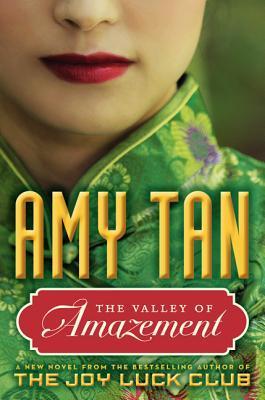 |
| The Arts House, Singapore |
The Asia Pacific Writers & Translators 7th International Conference, co-hosted by the National Book Development Council of Singapore, and the Arts House, Singapore, in
association with Yale-National University of Singapore, will take the theme: creative writing &
literary translation in the Asian century.
It will run in the Lion City, from 17-19 July 2014
Published authors, authors aspiring to publication, translators,
literary editors, publishers, agents, festival directors, and others
wishing to join the conference are now invited to send expressions of interest.
wishing to join the conference are now invited to send expressions of interest.
The focus will be on short, popular and accessible presentations, readings, and workshops intended to stimulate lively conversations amongst panellists, participants, and the audience.
Panellists should be able to make informed contributions related to the general topic of creative writing and the development of new cross-border readerships in Asia. Panels will be decided depending on topic descriptions received.
Presentations must be of relevance to writers, and aim to provide new
pathways for the development of writing careers in Asia. Panellists will be asked to take into
account the changing fundamentals for our region and the publishing industry, including: the global power shift towards
Asia; the region’s ever-growing middle class, with its increased spending power
and leisure time; new media and related publishing and translation
opportunities; literature as a means of better developing cross-cultural
dialogues, fostering cross-cultural awareness, and, perhaps, easing tensions in
uncertain times.
Keynote speakers will include Australian author and translator Linda Jaivin whose work addresses culture, difference, (mis)understanding and its unpredictable consequences, in the context of China and the West. Other keynotes will be announced in due course.
Workshops will include those on editing, publishing for new media, writing fiction, and writing poetry.
The Australia Council for the Arts is supporting the conference, so there will be a strong delegation from Australia, including a senior representative from the Australian Society of Authors, an editor from a top publishing house, and at least two established authors teaching creative writing.
How to participate as a panellist
If you want to participate as a panellist, prepare an abstract of no more than 200 words on your chosen topic, together with a
brief account of your qualifications to speak about it. Published
authors will be favoured. Although AP Writers is proud to have as its academic
partner the Yale-National University of Singapore, the conference's organisers are not looking for academic papers. Panellists and a draft programme will be announced in
April. To apply, email your topic description to admin@apwriters.com by Friday
28 February 2014.
Attending but not as a panellist
If you want to join this year’s conference as a member of the audience,
to read from, or to launch, a new literary work, or to attend a creative writing
workshop, then likewise email admin@apwriters.com, by Friday 28 February 2014, but use Attending or Reading Only in your
subject line.
For now, expressions of interest will serve only as a guideline for the organisers when assessing numbers and the likely conference registration cost. Official registration will open at after the draft programme has been announced, at apwriters.org.
For now, expressions of interest will serve only as a guideline for the organisers when assessing numbers and the likely conference registration cost. Official registration will open at after the draft programme has been announced, at apwriters.org.
Registration fees
Registration is likely to be free to the first 30 Singaporean
residents who register, in recognition of NBDCS’s generosity. After the first
30 registrations, Singaporean residents may be charged at the rate for members of AP
Writers - probably US$80 for the three days, or US$30 per day. For all
others, the registration fee will probably be US$150 for three days
or US$60 per day. Final registration fees will be confirmed once likely numbers
have been ascertained. Workshops will have a separate registration fee, probably
US$30 per person. Registration fees will not cover accommodation.
Sponsorship
AP Writers can write letters of support on behalf of those seeking their
own funding to attend this conference. It can sometimes find third party
sponsors to support writers from developing countries in Asia, and less
often authors from beyond Asia whose work is of exceptional talent or relevance.
It is not a funding organisation and cannot itself offer sponsorship.
For general enquiries email admin@apwriters.com













